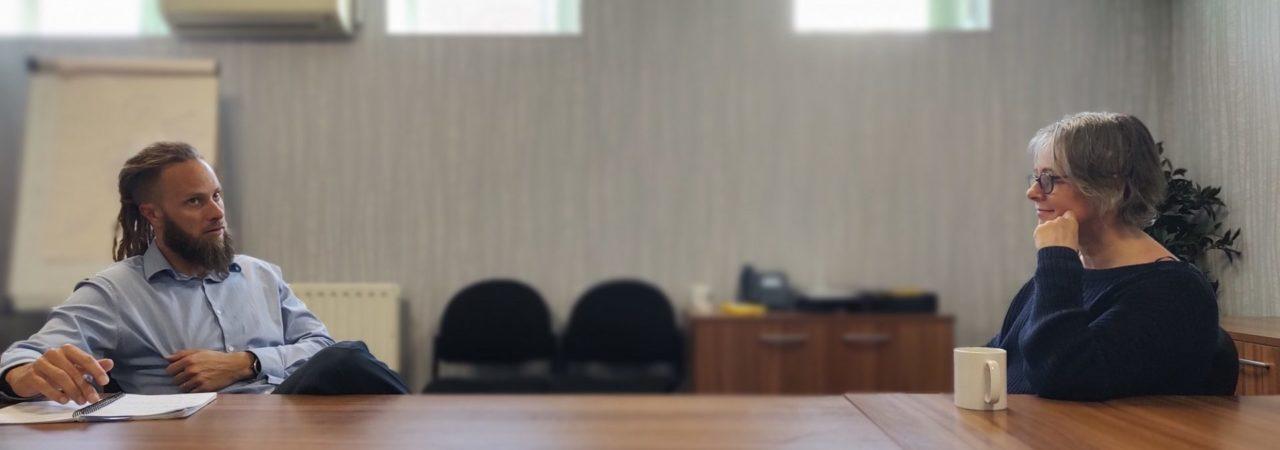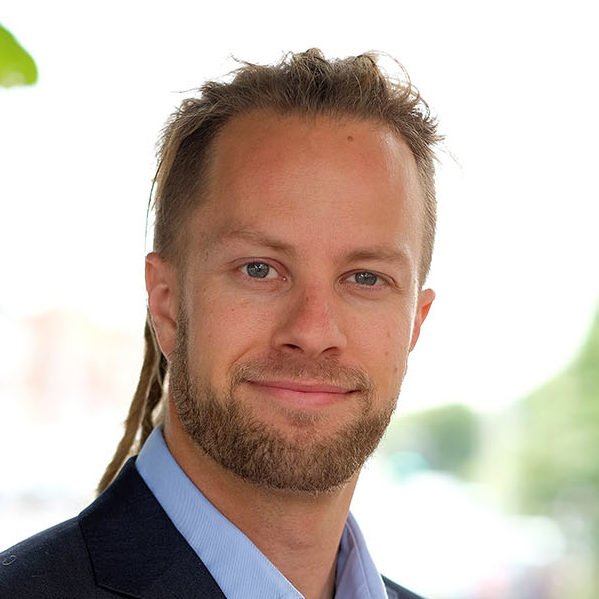It’s funny how change affects people. I’d say many of us struggle with the idea of change. That may be because we see it as something that undermines our stability, that unsettles the status quo. We’d rather stick with what we have than risk it all for a better deal.
Yet change is all around us. Think about your favourite meal, film, book or music. None of these things would exist without having someone changing and perfecting them. That’s why we have chefs, producers, conductors, and editors. They are hired to experiment and change things until they hit that perfect spot where we all suddenly go, “Wow, that’s brilliant!”
I’ve previously written about how, at LifeLine, we constantly change and adapt our programmes for the people or communities we serve. When you start anything new, it will never be perfect straight away. The author Malcolm Gladwell popularised something called the “10,000 hour rule”. It’s the theory that it takes 10,000 hours of practice to become an expert in something. This is most evident in the field of sports. You must constantly practice, train, learn, tweak, change, and evolve until you get to that perfect place where you break world records.
I invite you to join me in this interview where I pick the brain of Tanya Farrugia, one of our Parent Support Workers. I want to learn from her first-hand how she sees our programmes evolve and what she’s learnt from working at LifeLine.

Tanya, I really want to understand what has made the Champions Support Network so successful. From my point of view, I believe that we achieved it through constant tweaking without radically changing it. Each time we delivered was different—we learnt a lot from the people we supported and we were open to trying new stuff.
So, tell me about your role on the Champions Support Network.

I started in August 2022 as a Parent Carer Champions Coordinator.
At first, when I heard about the role, I wondered if I had the energy to emotionally cope with it. I was doing my art and my paintings at the time and I wanted to sell my works.
At the time, I was feeling a little bit disconnected from the real world. I do have a heart for people—I need to connect with people and my art work was rather isolating. I didn’t know if I could do the role, but I applied anyway.

Why did you apply if you weren’t sure?

It just felt like the right thing to do—I really like people. I was like, “How am I going to make a difference?”
The main thing has been about people coming out of isolation, having relationships and friendships and growing that community—it’s gonna affect their parenting and everything else.

What do you do day-to-day as a Champions Coordinator?

Basically, it’s building a network of parents. It’s getting parents together genuinely, which we do through coffee mornings—but then we do workshops to support them, so that they build relationships with each other and they start to support and encourage one another. It’s more about that than about me going and supporting them myself.
When we started meeting the parents and they start connecting with each other, it kind of organically grew and they do support one another, instinctively, and they do it really well. It was great encouragement.

I know there were hard targets on this programme and those targets put you off but you didn’t quit. Why not?

I really have compassion for people—I think that’s what made me keep going. These are real people and I just keep remembering why I’m doing this—it’s seeing their friendship and their support.
The numbers did put me off, yes, but at the same time, I knew not to worry about the numbers. I knew if I didn’t get the numbers, I knew you’d understand. I had to relax a little bit and focus on the relationships over the numbers. And by the end, we had more than 100 people on the programme.
We had this one father that lived in a hostel and dealing with quite difficult living conditions. But he came to the VIP training and he found that really encouraging—even just listening to the things that the other parents said. It made him go and set things right with his dad. He made some new friends in the group and he came to a lot of the coffee mornings. He ended up volunteering at one of our events—helped out and spoke to a lot of the parents. He spoke quite a few different languages and he got a good 25 people signed up.

The objective of the programme was to help parents and carers build relationships with each other. What does that mean to you and what did you imagine would be the perfect result?

Just that they would know that they’ve got a place where they belong and that they’ve got people they can talk to. They needed somewhere they could have fun and relax together and know that they’re not the only one going through this stuff.
I think people feel isolated because they think they’re the only one. And when they get together, they’re so relieved that someone else is also as vulnerable. I think that’s a key point. If someone’s vulnerable and they share something, they know others there are going through similar things. They feel so relieved that they can say it and been heard. It’s that feeling of connection.

Is it normal for people to have that connection?

Maybe not for some people, but it shouldn’t be hard. I don’t think it’s not normal for everyone. For me, it’s normal, but for some people, it’s a really big thing. And, even just by being there to listen, it makes you realise that not everyone has that.

What sort of things did you do for the parents and carers that got a positive response?

At the beginning, when we had less people, I would meet everyone personally. WhatsApp groups were helpful too—it made it easy just being able to make quick contact with people.
Soon we started with the meet-up groups, where people could share things. Everyone had something to say! The parents I met spoke a lot about liking the daily encouragement that came from the group. Encouragement is a key thing. The initiative was having a vision for people. At the coffee mornings, we made sure to include everyone, drew them into conversations, connected them with others.
There’s also the concept of not being in charge of the conversation. There were times where I was thinking, “Shouldn’t I be trying to teach them parenting?” or something, but I just let them have their conversations without me. And some real gems came out it. It’s not about me controlling the flow or giving lectures. It was a more organic thing.

It’s interesting that you use the word organic.

I don’t think you can just throw a bunch of people in a room and hope for the best, though. They’re not just gonna all come together and it’ll be wonderful. I don’t think that’d be a winning formula.
I think you have to create a welcoming environment. It’s about being a good host—meeting people as they arrive, learning their names etc., and subtly matching them up for conversations—that’s how you get it started.



